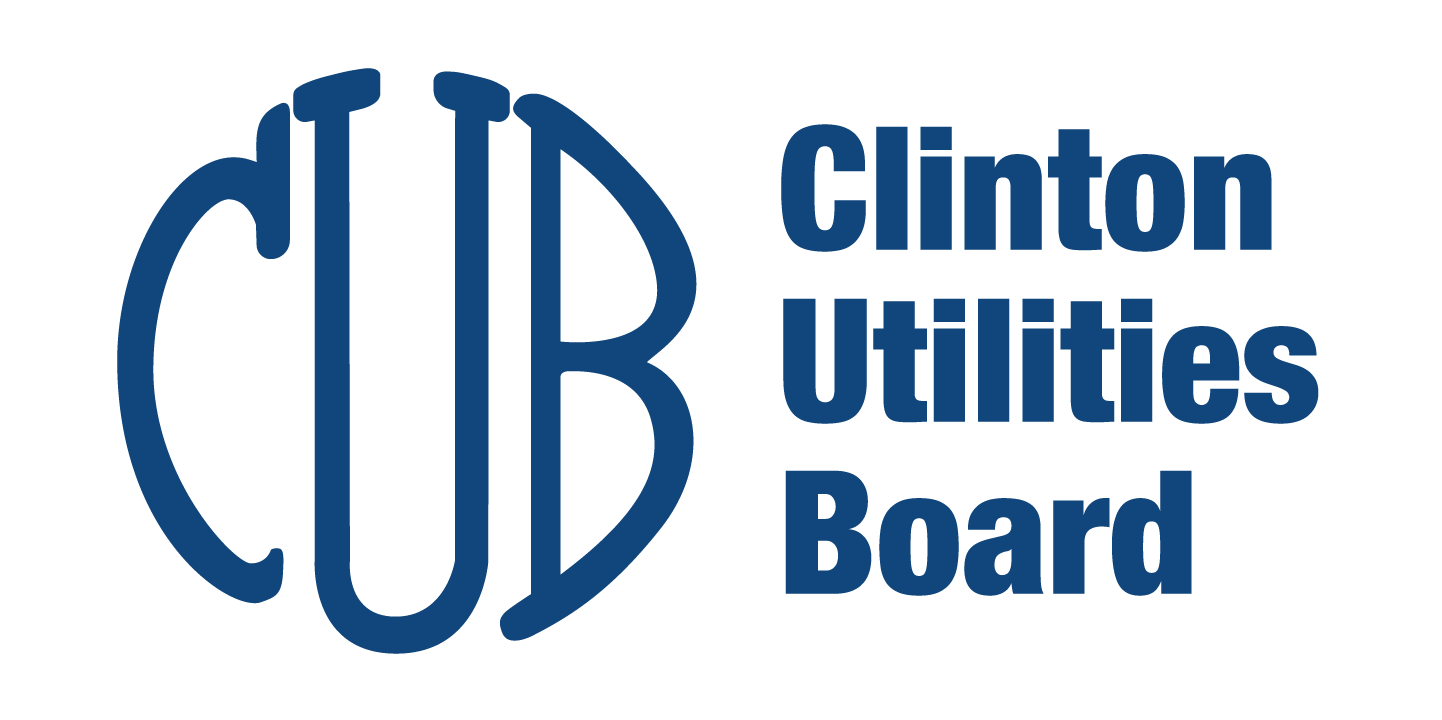Customer Service: (865) 457-9232
cservice@clintonub.com
Fats, Oils, and Grease (FOG) can result in sewer overflows and backups that cause health hazards, damage to home interiors, and threaten the environment. An increasingly common cause of overflows is sewer pipes blocked by grease. Grease gets into the sewer from household drains. Too often, grease is washed into the plumbing system, usually through the kitchen sink. Grease sticks to the insides of sewer pipes and over time, the grease can accumulate and eventually block the entire main sewer line.
The results of partially or completely blocked sewer pipes can be:
- Raw sewage overflowing in your home or your neighbor’s home.
- An expensive and unpleasant cleanup that often must be paid for by you, the property owner.
- Raw sewage overflowing into parks, yards, and streets.
- Potential contact with disease-causing organisms.
- An increase in operation and maintenance costs for local sewer departments, which can lead to higher sewer rates.
There are several things you can do to help prevent FOG from obstructing sewer pipes. The easiest way to solve the grease problem and help prevent overflows of raw sewage is to keep this material out of the sewer system in the first place. This can be done by doing the following:
- Never pour grease down sink drains or into toilets. Instead, pour it into a can for disposal.
- Scrape grease and food scraps from trays, plates, pots, pans, utensils, grills and cooking surfaces into the trash for disposal (or recycling where available). Wipe cookware and dishes prior to washing.
- Do not put grease or grease food in your garbage disposal. These units only shred solid material into smaller pieces. Put baskets/strainers in sink drains to catch food scraps and other solids. Empty the drain baskets/strainers into the trash for disposal.
- Be cautious of chemicals and additives (including soaps and detergents) that claim to dissolve grease. Some of these additives may temporarily dissolve grease only to have it re-congeal down the line where it can clog the sewer lines in another area.
- Speak with your friends and neighbors about the problem of grease in the sewer system and discuss methods of how to keep it out. Call Clinton Utilities Board if you have any questions or concerns.
CUB will identify and target “grease problem areas” in the wastewater collection system through collection system maintenance records and emergency calls related to FOG. CUB conducts periodic inspections of sewer lines, grinder pumps and pumping stations in residential areas with FOG related problems. Also, please remember to never pour products such as paint, paint thinners, gasoline, solvents, polishes, insecticides, or glues down the drain.
We hope these guides help our customers understand the importance of preventing grease-related problems. With your help in preventing FOG from entering the sewer system, we all will benefit from having safe, efficient, free-flowing sewers. Please feel free to contact us with any questions regarding CUB’s FOG Program.
